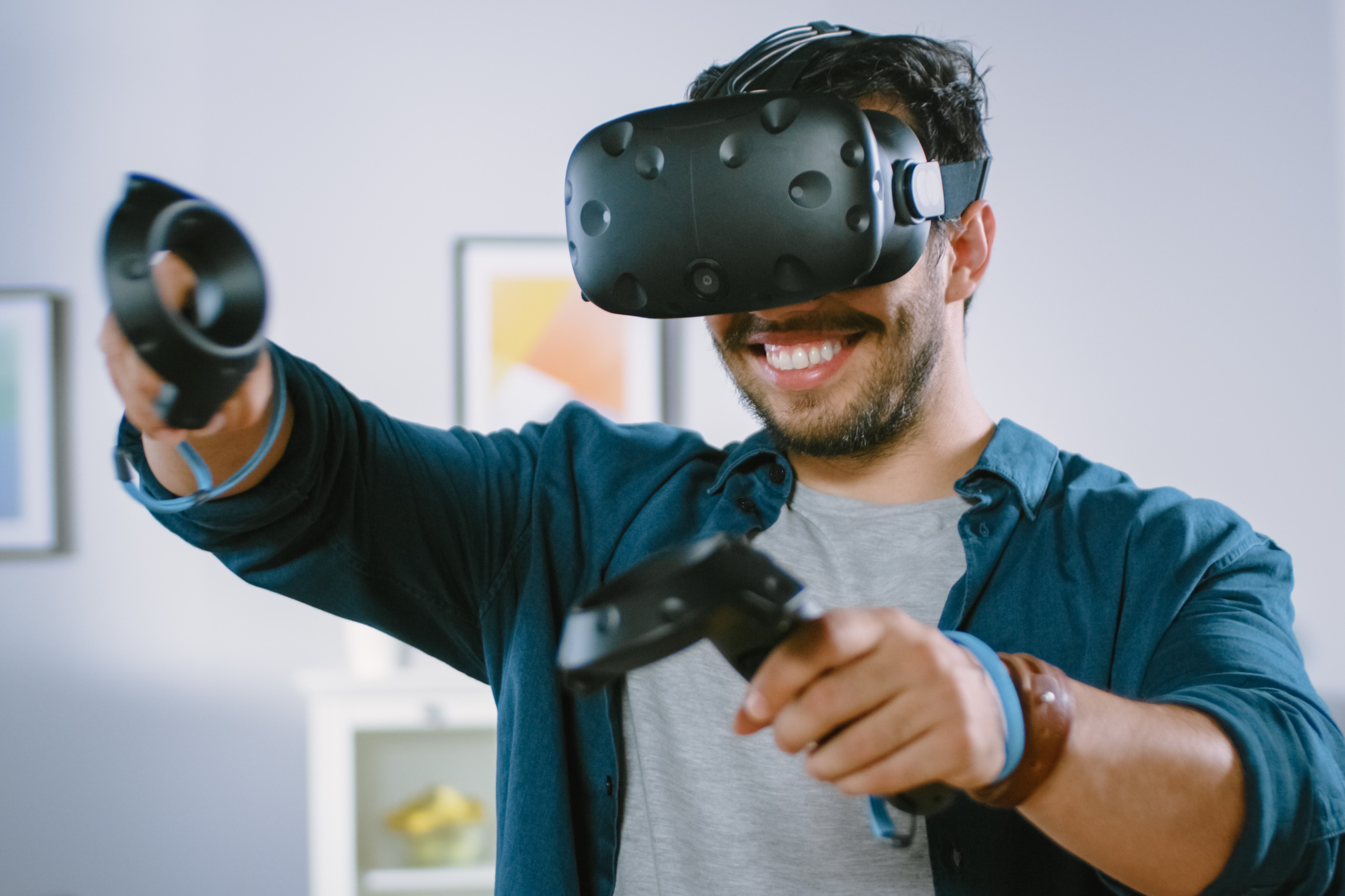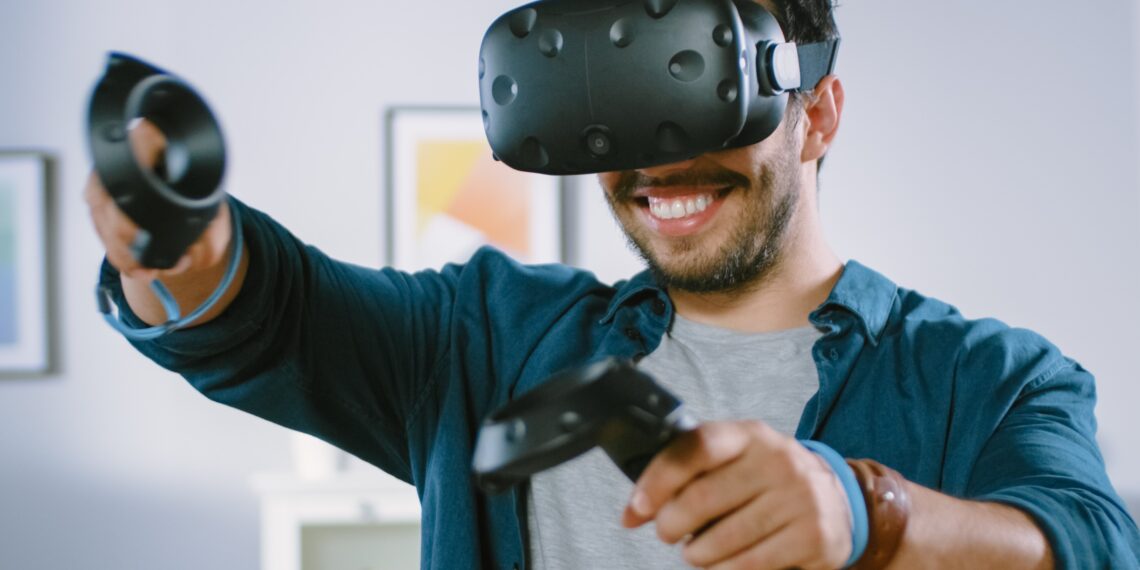Select Language:
In recent years, virtual reality (VR) has proven to be a significant advancement in the medical field. Whether it's facilitating training for healthcare professionals, aiding in pain management, providing at-home physiotherapy, or alleviating stress, VR technologies have made a substantial impact.
The latest development in VR might revolutionize the early detection of Alzheimer’s disease. Currently, diagnosing this prevalent neurodegenerative condition involves costly neurological assessments, brain imaging, and blood tests. Unfortunately, there is no single definitive biomarker test available.
A research team is investigating how VR environments can evaluate spatial memory and identify signs of Alzheimer’s disease. Studies indicate that the proteins responsible for Alzheimer’s impact an individual’s memory and navigation skills, particularly in terms of allocentric navigation and spatial memory.
How VR can aid in the detection of Alzheimer’s?
Cognitive assessments for Alzheimer's detection typically focus on episodic memory. However, the integration of VR allows healthcare professionals to assess memory functions in a more detailed and immersive manner.
Individuals with Alzheimer’s often misplace items due to declining memory capabilities, a problem that becomes more pronounced as the disease progresses. This could indicate an early symptom of the disorder. Researchers have also noted a correlation between specific brain proteins and the ability to recall and recognize objects.

The research team concentrated on plasma proteins Aβ42/Aβ40 and pTau217 to develop their VR assessment. Participants were asked to remember locations of different items within approximately twenty virtual living rooms. The study established a connection between these proteins and memory performance related to object location.
“We observed diminished memory for object placement and overall precision when comparing younger adults with older participants and those with mild cognitive impairment,” states Tammy Tran, a neuroscientist who shared her findings at the Cognitive Neuroscience Society (CNS) conference this month.
A more reachable future for Alzheimer’s detection
The test subjects included both healthy individuals of varying ages and participants diagnosed with Alzheimer’s. Those with symptoms of mild cognitive impairment faced difficulties with memory tasks in the VR environment.

The project team developed VR equipment with head and eye tracking technology, similar to devices like the Apple Vision Pro or the upcoming Meta Orion. During trials, healthy adults were tasked with remembering pathways and concealed landmarks in a VR setting.
Results revealed variances in navigational skills across age groups. “We anticipate that differing complexity levels in tasks will highlight distinctions between younger and older individuals, as well as those diagnosed with early Alzheimer’s,” shares Manu Madhav, a robotics expert and neuroscientist involved in the research.
This tool, designed for both clinicians and caregivers, aims to enable early Alzheimer’s detection, facilitate ongoing monitoring, and steer restorative interventions. The vision is to use VR as a non-invasive, immersive method for measuring age-related memory decline linked to Alzheimer's onset.






